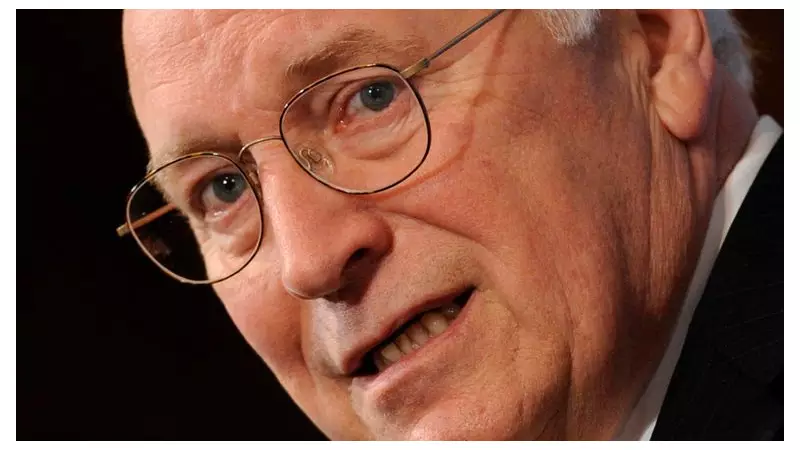
Two decades have passed since coalition forces stormed into Iraq, yet the shadow of Dick Cheney continues to loom large over American politics. The former vice-president's unwavering advocacy for the 2003 invasion and his robust defence of so-called 'enhanced interrogation techniques' have cemented his status as one of modern America's most divisive figures.
The Unrepentant Hawk
While many architects of the Iraq War have expressed regret, Cheney remains strikingly unapologetic. In numerous interviews, he has consistently defended the decision to invade, standing by intelligence that was later discredited and maintaining that removing Saddam Hussein was morally justified.
"I would strongly recommend we do it again," Cheney declared in one remarkable television appearance, displaying the same conviction that characterised his time in office.
The Interrogation Controversy
Perhaps even more contentious than his war stance is Cheney's vigorous defence of interrogation methods that many consider torture. Techniques including waterboarding, sleep deprivation, and stress positions were employed at sites like Guantanamo Bay and secret CIA 'black sites'.
Cheney argued these methods produced vital intelligence that prevented terrorist attacks, telling Sky News: "I thought it was the right thing to do. I wouldn't hesitate to do it again."
A Family Divided?
In a fascinating political twist, Cheney's daughter Liz emerged as one of his most prominent critics. The former Republican congresswoman became an outspoken opponent of Donald Trump and what she termed the party's drift from constitutional principles.
This family divide mirrors America's broader political schisms, with the Cheney name now representing two competing visions of conservative politics.
The Enduring Debate
Twenty years on, Cheney's legacy remains powerfully relevant. His assertions about Iraqi weapons of mass destruction proved false, and the human cost of the war was staggering. Yet his defenders maintain he made tough decisions to protect American security in a dangerous new era.
As contemporary political debates continue to echo the controversies of the Bush-Cheney era, the former vice-president's impact on American foreign policy and the limits of executive power continues to provoke strong reactions across the political spectrum.





